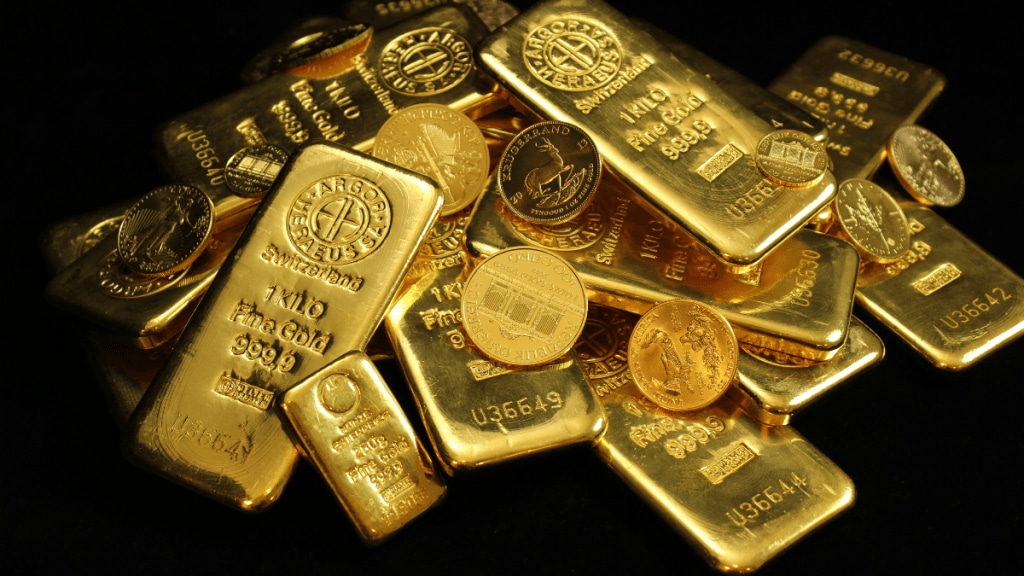The government has put further curbs on imports of gold and silver. It has shifted merchandise where gold and silver are mixed with other metals or in liquid form to the restricted category, from open general licence (OGL).
A section of importers are found to be avoiding paying full duties on the two precious metals brought into the country by combining them other metals.
The Directorate General of Foreign Trade (DGFT) has through separate notifications put imports of pallidum, rhodium and iridium with more than 1% gold and silver on restricted category. Earlier, these imports were under OGL.
Similarly imports of colloidal precious metals of gold and silver and organic and inorganic compounds of precious metals, and amalgam of precious metals have been restricted.
Colloidal precious metals are suspension of gold or silver nanoparticles dispersed in liquid.
In normal circumstances colloidal gold and silver nanoparticles have a wide range of applications, particularly in medicine and diagnostics, due to their unique optical and antibacterial properties. Colloidal gold is used in cancer therapy and drug delivery while colloidal silver is known for its antibacterial properties and is used in wound dressings and various other products.
In 2024-25 India’s imports of colloidal precious metals of gold was just $ 7.19 million while colloidal silver imports were $ 0.5 million. As against this, total gold imports in the previous financial year stood at $ 58.0 billion while silver imports were $ 4.82 billion.
According to industry experts, some importers were using this route for imports from countries like Thailand.
Earlier, the government put curbs on import of platinum with less than 99% purity to curb imports of its alloy blended with significant amounts of gold.
DGFT authorisation is now required for Imports of platinum with purity of less than 99%. The announcement of such a move was made in the budget for this year and notification for it was issued last month.

